- Find Your College
- Scholarships
- Pay for College
-
Articles
- COLLEGES
- Most Recent
- Affordability & Cost
- College Search
- Comparisons
- College Majors & Minors
- Myths
- News & Trends
- Tips, Tools & Advice
- Admissions
- Most Recent
- ACT & SAT
- College Admissions
- College Applications
- Myths
- Online Colleges
- Questions & Answers
- About
- Home
- >
- Browse All Majors
- >
- Health Professions And Related Programs
- >
- Medicine
Medicine
Select Type of Degree:
Select State:
|
#1

University of Florida
|
|||||||||||
|
#2
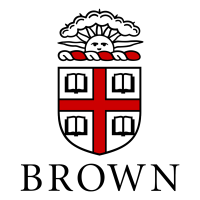
Brown University
|
|||||||||||
|
#3

Rutgers University-New Brunswick
|
|||||||||||
|
#4
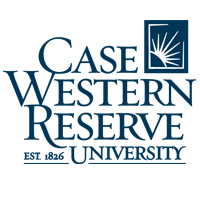
Case Western Reserve University
|
|||||||||||
|
#5

Dartmouth College
|
|||||||||||
|
#6

Thomas Jefferson University
|
|||||||||||
|
#7
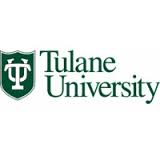
Tulane University of Louisiana
|
|||||||||||
|
#8

Tufts University
|
|||||||||||
|
#9

Drexel University
|
|||||||||||
|
#10
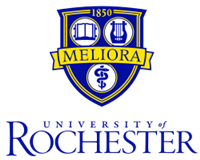
University of Rochester
|
|||||||||||
|
#11

University of Washington-Seattle Campus
|
|||||||||||
|
#12

Wayne State University
|
|||||||||||
|
#13

Georgetown University
|
|||||||||||
|
#14
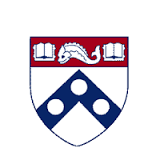
University of Pennsylvania
|
|||||||||||
|
#15

Johns Hopkins University
|
|||||||||||
|
#16
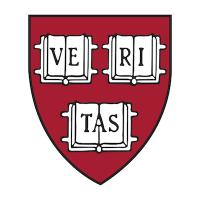
Harvard University
|
|||||||||||
|
#17

University of South Carolina-Columbia
|
|||||||||||
|
#18
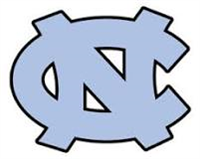
University of North Carolina at Chapel Hill
|
|||||||||||
|
#19

University of Virginia-Main Campus
|
|||||||||||
|
#20

Saint Louis University
|
|||||||||||
|
#21
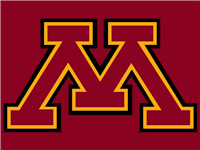
University of Minnesota Twin Cities
|
|||||||||||
|
#22

University of Vermont
|
|||||||||||
|
#23

Augusta University
|
|||||||||||
|
#24

Northwestern University
|
|||||||||||
|
#25
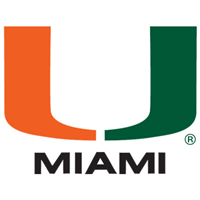
University of Miami
|
|||||||||||
|
#26

Ohio State University-Main Campus
|
|||||||||||
|
#27

University of Southern California
|
|||||||||||
|
#28

Boston University
|
|||||||||||
|
#29

Pennsylvania State University-Main Campus
|
|||||||||||
|
#30
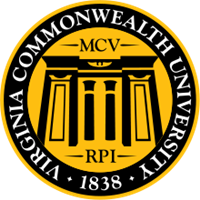
Virginia Commonwealth University
|
|||||||||||
|
#31
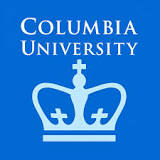
Columbia University in the City of New York
|
|||||||||||
|
#32

Indiana University-Purdue University-Indianapolis
|
|||||||||||
|
#33

Emory University
|
|||||||||||
|
#34
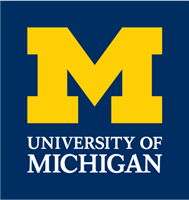
University of Michigan-Ann Arbor
|
|||||||||||
|
#35

University of California-Los Angeles
|
|||||||||||
|
#36
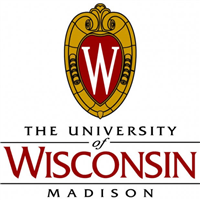
University of Wisconsin-Madison
|
|||||||||||
|
#37

Wake Forest University
|
|||||||||||
|
#38
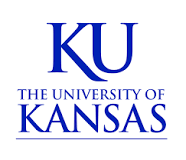
University of Kansas
|
|||||||||||
|
#39
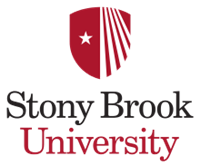
Stony Brook University
|
|||||||||||
|
#40

University of South Florida
|
|||||||||||
|
#41

University of Arizona
|
|||||||||||
|
#42

University of Illinois Chicago
|
|||||||||||
|
#43
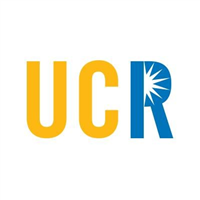
University of California-Riverside
|
|||||||||||
|
#44
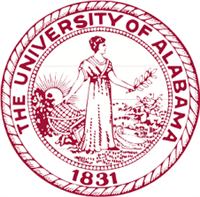
University of Alabama at Birmingham
|
|||||||||||
|
#45
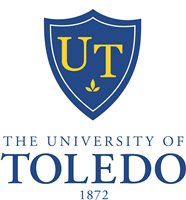
University of Toledo
|
|||||||||||
|
#46

George Washington University
|
|||||||||||
|
#47

Temple University
|
|||||||||||
|
#48
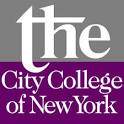
CUNY City College
|
|||||||||||
|
#49
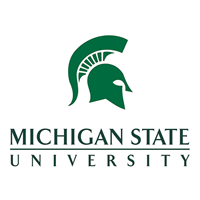
Michigan State University
|
|||||||||||
|
#50

University at Buffalo
|
|||||||||||
|
#51

Creighton University
|
|||||||||||
|
#52
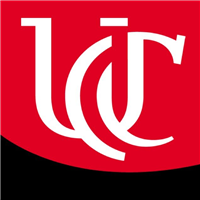
University of Cincinnati-Main Campus
|
|||||||||||
|
#53

Yale University
|
|||||||||||
|
#54
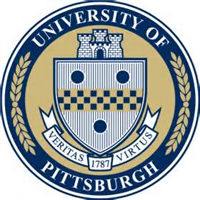
University of Pittsburgh-Pittsburgh Campus
|
|||||||||||
|
#55

Wright State University-Main Campus
|
|||||||||||
|
#56

Duke University
|
|||||||||||
|
#57

Oakland University
|
|||||||||||
|
#58
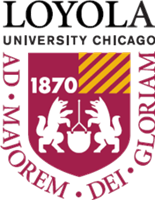
Loyola University Chicago
|
|||||||||||
|
#59

Stanford University
|
|||||||||||
|
#60
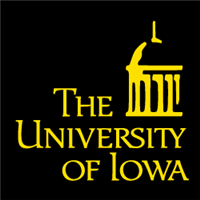
University of Iowa
|
|||||||||||
|
#61

University of Nevada-Reno
|
|||||||||||
|
#62

University of Mississippi
|
|||||||||||
|
#63
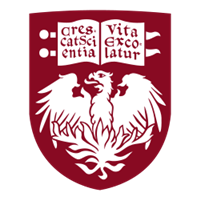
University of Chicago
|
|||||||||||
|
#64

Washington University in St Louis
|
|||||||||||
|
#65

Vanderbilt University
|
|||||||||||
|
#66
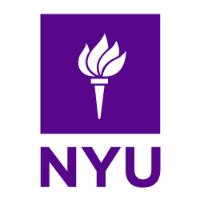
New York University
|
|||||||||||
|
#67
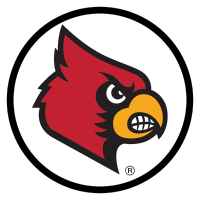
University of Louisville
|
|||||||||||
|
#68
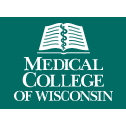
Medical College of Wisconsin
|
|||||||||||
|
#69

University of California-San Diego
|
|||||||||||
|
#70

University of Texas Southwestern Medical Center
|
|||||||||||
|
#71

University of Kentucky
|
|||||||||||
|
#72
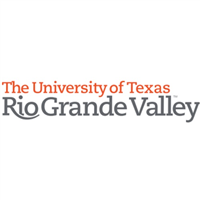
The University of Texas Rio Grande Valley
|
|||||||||||
|
#73
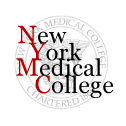
New York Medical College
|
|||||||||||
|
#74

Central Michigan University
|
|||||||||||
|
#75

University of Colorado Denver/Anschutz Medical Campus
|
|||||||||||
|
#76

Florida Atlantic University
|
|||||||||||
|
#77
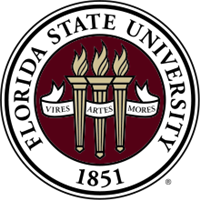
Florida State University
|
|||||||||||
|
#78

University of Central Florida
|
|||||||||||
|
#79
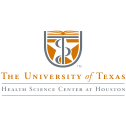
The University of Texas Health Science Center at Houston
|
|||||||||||
|
#80
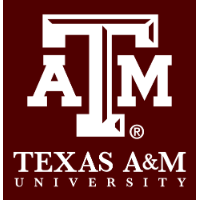
Texas A&M University-College Station
|
|||||||||||
|
#81
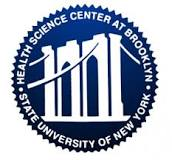
SUNY Downstate Health Sciences University
|
|||||||||||
|
#82

The University of Texas Medical Branch at Galveston
|
|||||||||||
|
#83

Albert Einstein College of Medicine
|
|||||||||||
|
#84

University of California-Irvine
|
|||||||||||
|
#85
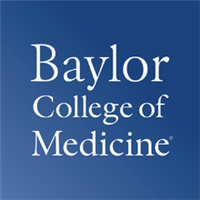
Baylor College of Medicine
|
|||||||||||
|
#86

University of California-Davis
|
|||||||||||
|
#87
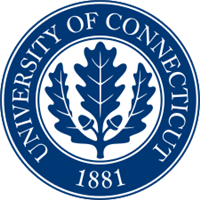
University of Connecticut
|
|||||||||||
|
#88
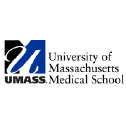
University of Massachusetts Chan Medical School
|
|||||||||||
|
#89

Florida International University
|
|||||||||||
|
#90

Howard University
|
|||||||||||
|
#91

Quinnipiac University
|
|||||||||||
|
#92
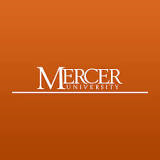
Mercer University
|
|||||||||||
|
#93

The University of Texas Health Science Center at San Antonio
|
|||||||||||
|
#94
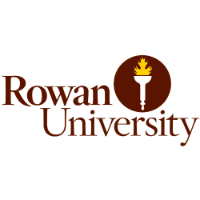
Rowan University
|
|||||||||||
|
#95

University of Missouri-Columbia
|
|||||||||||
|
#96

Eastern Virginia Medical School
|
|||||||||||
|
#97
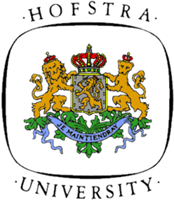
Hofstra University
|
|||||||||||
|
#98
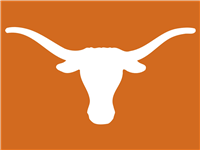
The University of Texas at Austin
|
|||||||||||
|
#99

Virginia Polytechnic Institute and State University
|
|||||||||||
|
#100

Albany Medical College
|
|||||||||||
|
#101
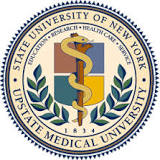
Upstate Medical University
|
|||||||||||
|
#102

University of Utah
|
|||||||||||
|
#103
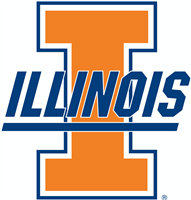
University of Illinois Urbana-Champaign
|
|||||||||||
|
#104
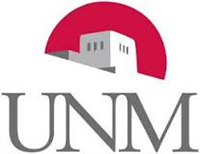
University of New Mexico-Main Campus
|
|||||||||||
|
#105

East Tennessee State University
|
|||||||||||
|
#106
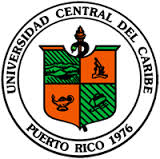
Universidad Central Del Caribe
|
|||||||||||
|
#107
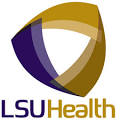
Louisiana State University Health Sciences Center-Shreveport
|
|||||||||||
|
#108
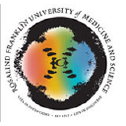
Rosalind Franklin University of Medicine and Science
|
|||||||||||
|
#109

East Carolina University
|
|||||||||||
|
#110
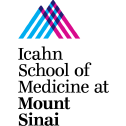
Icahn School of Medicine at Mount Sinai
|
|||||||||||
|
#111

West Virginia University
|
|||||||||||
|
#112
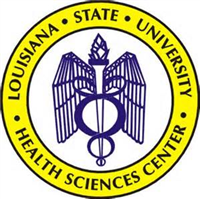
Louisiana State University Health Sciences Center-New Orleans
|
|||||||||||
|
#113

University of Hawaii at Manoa
|
|||||||||||
|
#114

University of South Dakota
|
|||||||||||
|
#115
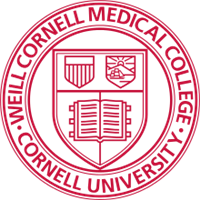
Weill Medical College of Cornell University
|
|||||||||||
|
#116

Northeast Ohio Medical University
|
|||||||||||
|
#117
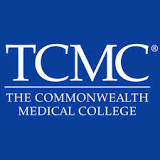
Geisinger Commonwealth School of Medicine
|
|||||||||||
|
#118
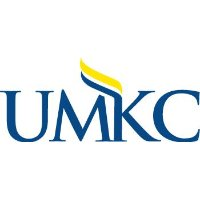
University of Missouri-Kansas City
|
|||||||||||
|
#119
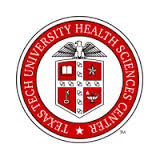
Texas Tech University Health Sciences Center
|
|||||||||||
|
#120
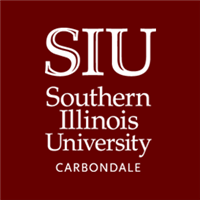
Southern Illinois University-Carbondale
|
|||||||||||
|
#121

Marshall University
|
|||||||||||
|
#122
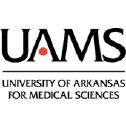
University of Arkansas for Medical Sciences
|
|||||||||||
|
#123

Nova Southeastern University
|
|||||||||||
|
#124
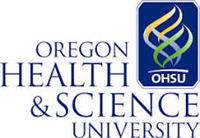
Oregon Health & Science University
|
|||||||||||
|
#125
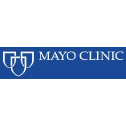
Mayo Clinic College of Medicine and Science
|
|||||||||||
|
#126
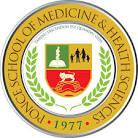
Ponce Health Sciences University
|
|||||||||||
|
#127
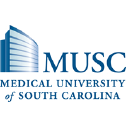
Medical University of South Carolina
|
|||||||||||
|
#128

Texas Tech University Health Sciences Center-El Paso
|
|||||||||||
|
#129
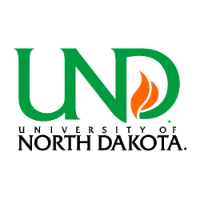
University of North Dakota
|
|||||||||||
|
#130

Western Michigan University Homer Stryker M-D- School of Medicine
|
|||||||||||
|
#131
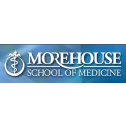
Morehouse School of Medicine
|
|||||||||||
|
#132

University of South Alabama
|
|||||||||||
|
#133
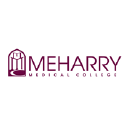
Meharry Medical College
|
|||||||||||
|
#134

Hackensack Meridian School of Medicine
|
|||||||||||
|
#135

Washington State University
|
|||||||||||
|
#136

California University of Science and Medicine
|
|||||||||||
|
#137

University of Nevada-Las Vegas
|
|||||||||||
|
#138
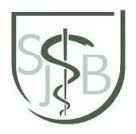
San Juan Bautista School of Medicine
|
|||||||||||
|
#139

University of Oklahoma-Health Sciences Center
|
|||||||||||
|
#140

The University of Tennessee Health Science Center
|
|||||||||||
|
#141
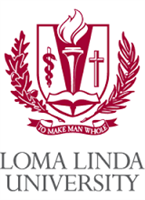
Loma Linda University
|
|||||||||||
|
#142

University of California-San Francisco
|
|||||||||||
|
#143
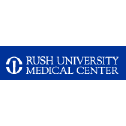
Rush University
|
|||||||||||
|
#144
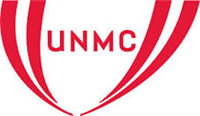
University of Nebraska Medical Center
|
|||||||||||
|
#145

University of Maryland- Baltimore
|
|||||||||||
|
#146
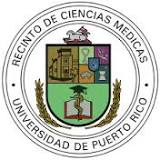
University of Puerto Rico-Medical Sciences
|
|||||||||||
|
#147

California Northstate University
|
|||||||||||
|
*The estimated net prices above are College Raptor’s estimate. Please contact the college financial aid office for actual net cost figures.
|
|||||||||||
About Medicine
Medicine programs prepare individuals for the independent professional practice of medicine, involving the prevention, diagnosis, and treatment of illnesses, injuries, and other disorders of the human body. Includes instruction in the basic medical sciences, clinical medicine, examination and diagnosis, patient communications, medical ethics and law, professional standards, and rotations in specialties such as internal medicine, surgery, pediatrics, obstetrics and gynecology, orthopedics, neurology, ophthalmology, radiology, clinical pathology, anesthesiology, family medicine, and psychiatry.
New York awards the most Doctors degree professional practices in Medicine of all US states with 1,985 degrees being awarded last year. Students interested in Medicine can expect approximately 49% percent of their fellow classmates to be men and 51% percent to be women. Most students graduating in this field earn a Doctors degree professional practice. The average annual income for an undergraduate degree in Medicine is $38,300.
Careers
For Medicine majors, some of the most in demand jobs include Family Medicine Physicians, General Internal Medicine Physicians and Psychiatrists. Not only that, Medicine graduates may find a top paying job, such as Anesthesiologists or Obstetricians and Gynecologists.
Top Paying Careers
These are the highest paying careers for Medicine majors.
Most In-Demand Careers
These are the careers in highest demand for Medicine majors.
Student Demographics




Subscribe to Our Newsletter
Join thousands of students and parents learning about finding the right college, admissions secrets, scholarships, financial aid, and more.

College Raptor, Raptor, InsightFA, FinanceFirst, and “The Right College. The Best Price.” are registered trademarks of College Raptor, Inc.




